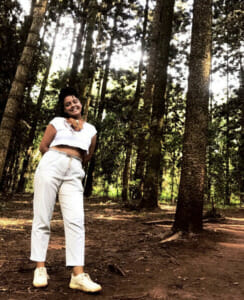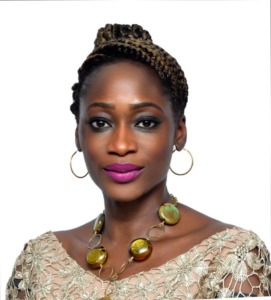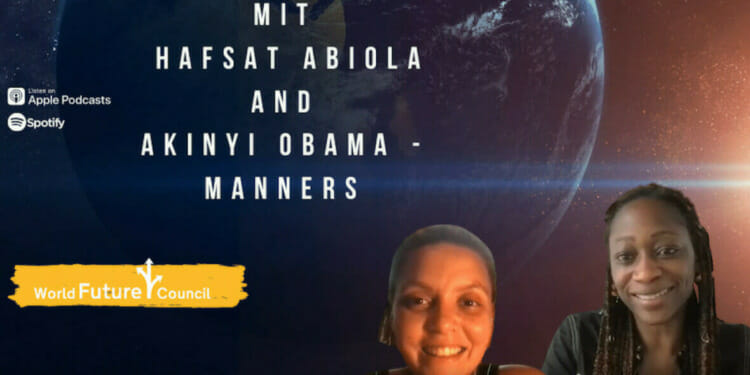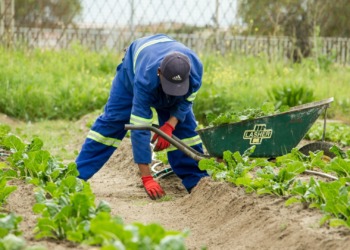This is the fifth article in the series “The Good Council”, based on the podcast from the World Future Council. It gives a behind-the-scenes look at the organization’s trajectory, from revolutionary idea to reality, and offers insights on its current agenda. The Good Council podcast provides inspiration, laughter, and food for thought through intergenerational dialogue between its founders, senior Councillors, and young entrepreneurs and activists from around the globe.
What are best practices and sustainable solutions for our common future? How can we leave the planet in better shape for future generations? These are the questions the World Future Council has set out to answer.
The World Future Council aims to give our children and grandchildren a healthy planet with just and peaceful societies – now and in the future. To achieve this, the foundation identifies, develops, highlights, and spreads future-just solutions for current challenges humanity is facing and award them with the unique Future Policy Award. The Council consists of fifty eminent global changemakers from civil society, science, politics and business. They meet annually at the World Future Forum to discuss the most urgent challenges and policy solutions to them.
For the seventh episode of The Good Council, Youth:Present representative Akinyi Obama-Manners had a conversation with Hafsat Abiola, the founder and board president of the Kudirat Initiative for Democracy and Councillor of the World Future Council.
Hafsat Abiola made a name for herself through standing up for women’s rights and empowering democracy and development on the African continent. She is the founder and board president of the Kudirat Initiative for Democracy that envisions an Africa where women are full participants in the continent’s social, economic, and political development. Akinyi Obama Manners (24) interviews Hafsat Abiola and takes a deep dive into how Hafsat’s own experiences have shaped her, her work and the spaces that African women should be occupying.
Akinyi: Being in this intergenerational dialogue, what would you say your legacy for future generations is?

Hafsat: I want to make sure that we build democracy in all dimensions, not just as a political frame. I want us to build democracy, which is not just political democracy, but also democracy in economics. I want democracy in our society. That’s the legacy worthy of leaving for those that will come after.
Akinyi: What is the most important piece of advice that you live by?
Hafsat: I think the most important piece of advice that has become crystal clear to me now is that we must never forget the power of signalling the world we want. We must always remember that human beings are social beings. And I think those of us who want the world shaped in a different way need to start making small changes because those open the way for bigger changes. So, if we start to build momentum around the issues we care about, people start to pay attention. Sometimes, we are discouraged by the small steps because, even though they are all we have the ability to do, they seem so insignificant. But they may be enough to begin influencing and re-shaping the thinking of those around us. So, in fact, whatever it is that we decide to do might seem very small, but it is from these humble beginnings that we change the world.
Akinyi: Yeah, for sure. So, we can move on to a bit about the World Future Council now. You are one of the earliest Councillors who have joined, so please tell us about the work of the foundation.
Hafsat: What the World Future Council does, is exactly what we’ve been saying we need in this conversation. They’re not looking at a problem. They look at solutions, what solutions have been proven to work. And then they do a lot of systemic analysis about the solution. And then they offer it to the world. The world is hungry for that. World Future Council has been identifying solutions to so many different challenges. And we need to just support the democratization of those solutions. And through our work, we begin to change the world.
Akinyi: The World Future Council is also pursuing the goal of involving young people more in the decisions of the Council and the foundation. And they established the youth forum Youth:Present, of which I am a member.
Hafsat: That’s very powerful.
Akinyi: You mentioned that in Africa, you believe in the power of community over the power of individuals? How has that shaped your life?
Hafsat: In terms of my philosophy of life that’s the key one. So, I want to tell you a story. An anthropologist met some African children in a village. He told them that he had a basket of fruits. And he set up a game. He said that whoever of them would get to a tree first, will get the basket of fruits. The children looked at each other, then they held hands and then walked to the tree together. So, all of them won. And the man asked them: “Why did you play the game in that way?” And they said: “How can we be happy? How can one of us be happy if all the others are sad?” I think that that’s a call to humanity, that we’re all here together and so we should look out for one another. We should always try to take care of each other if we want the world to become a better place. That’s the power of community.
Akinyi: Hopefully now, I think people are getting this sense that we actually need to be a community to make things happen. But yes, I think it comes from the individual mindset. We need others to assist us. I think with how the pandemic has happened especially, we black women, we’re always taught, we’re so strong whatever happens to us. But I think it’s important for us to be able to be emotional in the sense that you can see things for what they really are and not just like the world expects women to be.
Hafsat: I think, first we’re women, and that’s a big issue that we need to unpack. And we’re also black people. There was this beautiful quote from Toni Morrison, where she said: “The big motive of racism is distraction.” So, they tell you, you don’t have a history. Then you start doing research to prove you have a history, you exist in all this. And I think we need to remember that our goal as Africans is not to prove our humanity to anyone. Our goal, as Africans, is to be present in the world, on equal terms with others. We should keep our eye on that prize.

Akinyi: Are you hopeful as you look towards the future?
Hafsat:
Yes. My father’s campaign with his presidential election was hope. He believed in the power of openness, and I do as well, I think with hope you can rise up to meet any challenge. It gives you the fuel you need to go out there and shape the world. What can you do with hopelessness? Very little. So let us guard our sense of hope as our source of power.
Every other week we will see the Councillors get together with young activists and changemakers from around the globe, who are also part of WFC’s youth forum Youth:Present. New episodes are released every other Monday, from 6 September 2021. www.worldfuturecouncil.org/the-good-council/.
Editor’s Note: The opinions expressed here by Impakter.com contributors are their own, not those of Impakter.com. — In the Featured Photo: Akinyi Obama-Manners in conversation with Hafsat Abiola. Photo credit: Annika Weis











